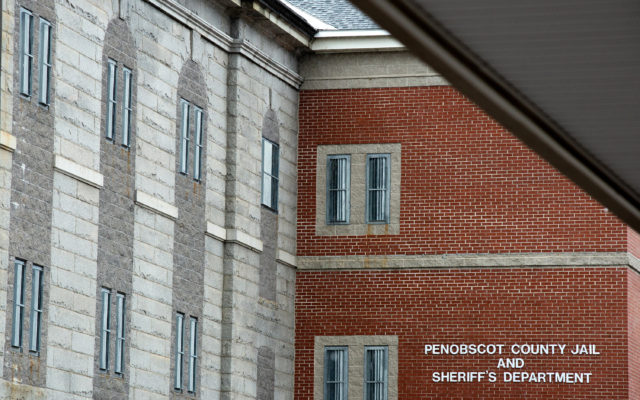
Residents: Penobscot County should help homeless population with federal funds windfall
By Judy Harrison, Bangor Daily News Staff
Penobscot County should spend millions of dollars it is receiving from the federal government on transitional and affordable housing as well as boosting access to mental health and substance use disorder treatment.
That was the opinion of a majority of about three dozen people who participated in a remote meeting Wednesday night that county commissioners held to gather community input on how to spend the $29.5 million the county is receiving under the American Rescue Plan Act that Congress passed in March 2021.
No one advocated using the funding on a 100-bed expansion of the Penobscot County Jail, an option county commissioners have said they’re exploring as a potential use of the federal funds.
Participants also said the county should distribute some of the money as one-time grants to organizations working with the homeless and on addiction recovery. They urged the county and municipal governments to collaborate and share funds to address these problems.
Participants also brought up an aging workforce, a need for good jobs so young people remain in the county and the expansion of broadband internet services to rural communities as issues to address.
The gathering identified addressing homelessness as the county’s biggest challenge. Those who ran for the Bangor City Council last fall came to the same conclusion, and the recent fire in an abandoned home on Union Street that killed three members of the homeless community has put a spotlight on the city’s challenge with a growing homeless population.
Josh Kauppila, who works with the Greater Bangor Housing Coalition, said not enough landlords are willing to accept Section 8 housing vouchers from prospective low-income renters.
“We need incentives for landlords to accept vouchers and more flexible housing policies to get people out of poverty,” Kauppila said.
Scott Pardy, who founded the organization Fresh Start Sober Living and operates nine sober houses in Bangor and Brewer, said it is nearly impossible to focus on recovering from an addiction or getting mental health treatment without housing.
“I know if I was living in a tent, I’d still be drinking, no question,” said Pardy, who is in long-term recovery.
Bangor City Councilor Jonathan Sprague said recovery funds should “be invested in long-term programs that have multi-year payoffs.” He urged elected officials “to foster multi-community projects” that are innovative and have not been considered before.
On Thursday, County Commissioner Peter Baldacci of Bangor called the meeting “helpful and informative.”
“It was clear that a major concern that needs to be addressed is more safe transitional housing and affordable housing for our area,” he said. “We are just beginning this process and I believe we will find opportunities to partner with towns and cities in our county. We also need to hear from our health care facilities on their plans and thoughts about addressing the serious issues of substance abuse and mental health services.”
Wednesday night’s meeting was the first of a half dozen in-person and remote meetings scheduled around the county to gather input on how to spend the $29.5 million in federal funds.
The county has so far received and banked half of that allocation. The federal government will allocate the other half in May.
County commissioners have said they’re looking into whether they can use a portion of those funds to pay for a 100-bed expansion of the county’s chronically overcrowded jail. No one advocated for that Wednesday but did urge commissioners to seek alternatives to incarceration for those needing treatment for mental health and substance use disorders.
In addition to setting up meetings throughout Penobscot County and over Zoom, the county has set up a website where residents can take a survey and advocate for how the fund should be spent. County commissioners expect to determine an exact process for organizations to apply for grants later in the year.
The other in-person listening sessions are scheduled for 3 p.m. Jan. 11 at the Newport Public Safety Building, 6 p.m. Jan. 19 at East Millinocket Town Hall, and 2 p.m. Jan. 29 at the Brewer Community Center.
The remote sessions will be held over Zoom at 1:30 p.m. Saturday and 6 p.m. Feb. 8.